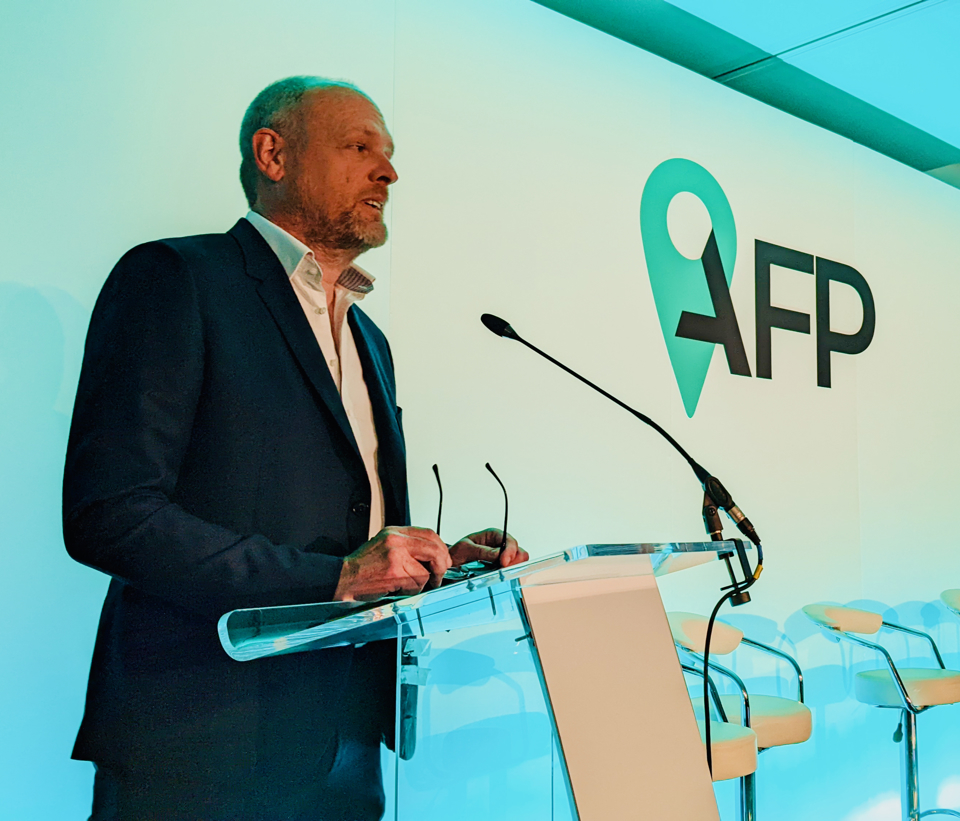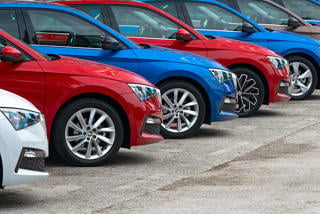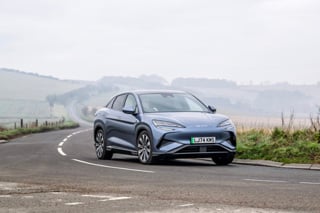By Paul Hollick, chair of the Association of Fleet Professionals (AFP)
Ongoing shortages of new cars and vans since the pandemic began is a problem that fleets can’t ignore. They simply need vehicles to operate.
What is the current situation? Well, feedback from across the Association of Fleet Professionals (AFP) suggests serious issues are persisting.
Generally, supply is patchy and, at worst, non-existent, especially when it comes to electric vehicles (EVs).
However, within this overall picture, there are also some unexpected anomalies, with reports that certain EV brands are in oversupply while electric vans currently might be easier to get hold of than diesel ones.
This is causing continuing operational disruption for our members. Some fleet managers are telling us that drivers are having to go through the process of choosing a new car repeatedly before finding one for which a manufacturer will even provide a production slot – which will almost certainly move anyway.
Added to this is the lottery of frequent and sometimes significant price increases that could change at any moment.
What should businesses do in this situation? Essentially, they have little choice but to continue operating their existing fleet for as long as possible.
But with shortages now in their second or third year with the fourth in sight, there is increasing pressure on managers.
They are really facing two sets of problems. The first is that company cars and vans are, unavoidably, becoming older and difficulties with keeping them on the road in a cost-effective manner increase over time.
Some cars are now being operated into their fifth year and will probably still be on the fleet in their sixth because they cannot be replaced.
You can add perhaps a couple of years to these figures for vans.
The second is keeping employees happy. Drivers who are keen to move into EVs, but simply cannot get hold of the right model, are having to continue to pay much higher benefit-in-kind (BIK) tax on ageing and increasingly unattractive diesel models. It’s costing them quite a lot of money.
There is no easy answer to this difficult human resources situation and it does cause disruption.
Throughout this predicament, AFP members have become adept at swapping information about new car availability.
A key advantage of being part of our organisation is the ability to network extensively with fellow professionals and there is certainly much conversation taking place at the moment about when and where vehicles are becoming available.
This is not a solution in itself, but does mean that you can keep track of the latest market situation.
As we enter the new year, it is very difficult to know when this situation will start to noticeably improve. However, with the sheer size of order backlog that exists, we don’t expect to see any real change in 2023.
This is a problem that is not going away any time soon.



















Login to comment
Comments
No comments have been made yet.